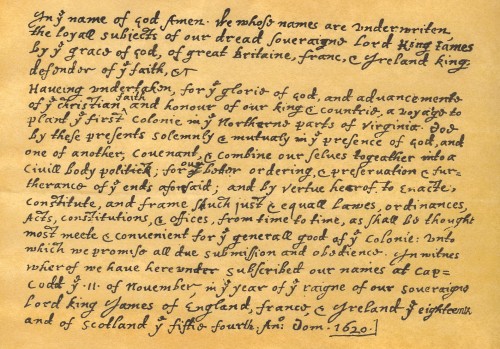
Alexei Kapler was the bravest of men.
How brave?
Put it this way: there are two kinds of brave:
- Brave
- Alexei Kapler brave.
Alexei Kapler was Alexei Kapler brave.
By profession, Kapler was a screenwriter, journalist, director, and actor. By avocation, he was an accomplished womanizer. One night, Kapler, a man of forty years, met a sixteen year old girl at a party. This young woman was intelligent, strong-willed, attractive, and sad. It was the tenth anniversary of her mother’s death. No one seemed to remember. Kapler was happy to listen, comfort, sympathize, and seduce.
Since his new conquest came from a sheltered background, Kapler decided to show her the wild side of life. He lent her forbidden adult books. He took her dancing, took her to see avaunt garde theater, and took her to meet outrageous people at outrageous parties. Kapler was a man of the world, witty, knowledgeable, a skilled raconteur. The young woman was swept off her feet by this urbane sophisticate. There were problems though: Kepler was married. And he was having an affair with a sixteen year old girl.
Hiding the affair from her family was a must. Hiding it from the girl’s father was especially important. Kapler was a smooth enough operator that he might have kept their affair secret from the girl’s father under normal circumstances. Unfortunately for him, this girl’s father had a particularly suspicious temperament. While something like this temperament is not unusual in any father of a sixteen year old girl, this father was different:
He could have phones tapped.

